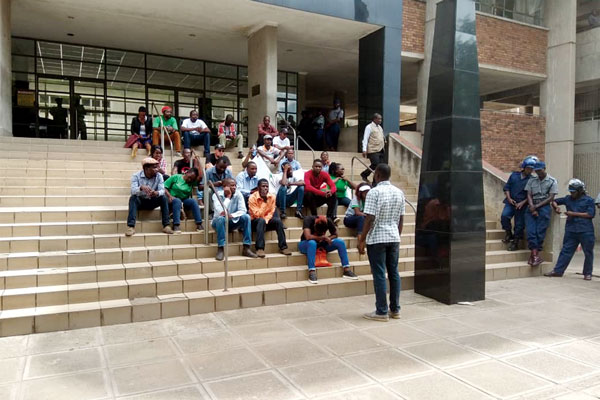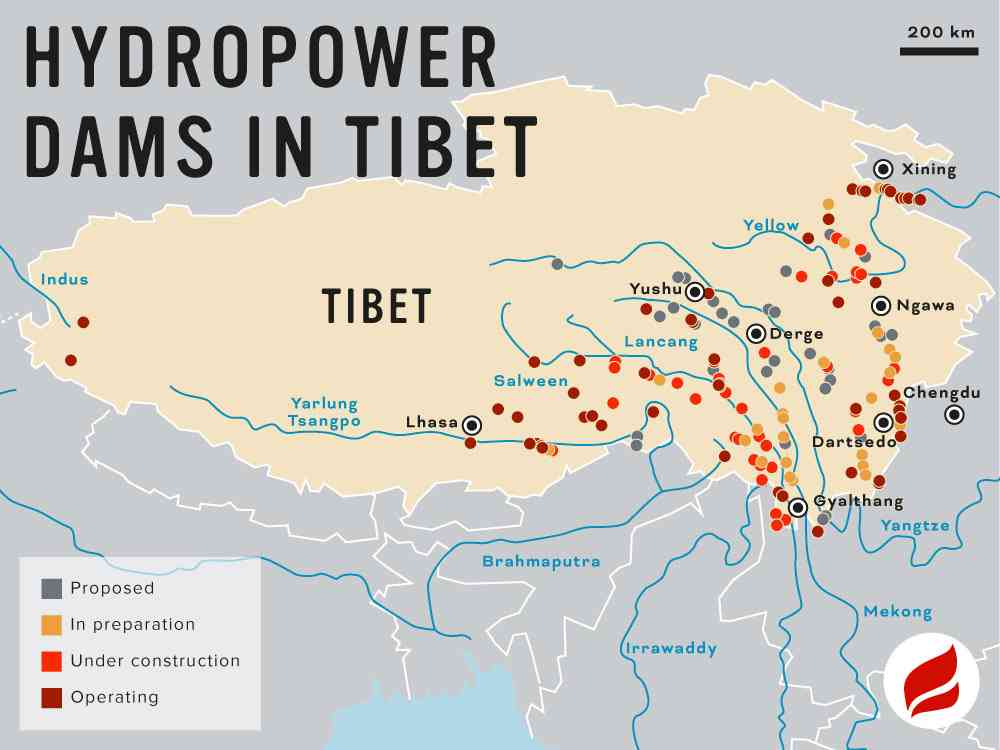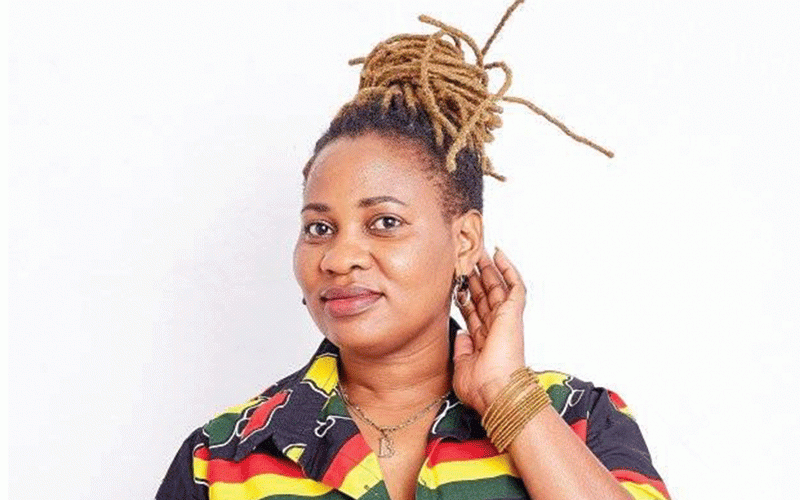
TEACHERS yesterday said they were too poor to go back to work as schools open countrywide today, piling pressure on President Emmerson Mnangagwa to solve the worsening economic crisis.
BY EVERSON MUSHAVA/VANESSA GONYE/ALFONCE MBIZWO

This came as talks to resolve the impasse with teachers failed, while doctors voted to continue their month-long strike for better working conditions.
Addressing journalists after a meeting with Labour and Social Welfare acting minister July Moyo, Apex Council acting chairperson Thomas Muzondo said civil servants welcomed the government’s commitment to negotiations, but their members will not continue working until their employer addressed their conditions of service.
“So for now, as government workers, we are not on strike, but you may see some other workers not reporting for work and it is really because of incapacitation and not a strike per se,” Muzondo said.
“At this point in time, we are saying our members are unable to continue with the service. We are not saying they are on an industrial action, but they are incapacitated. They (parents) should send pupils to school; fees have gone up and their (teachers’) salaries are still static. Basic commodities have gone up five or six times, but salaries have remained static over the same period.”
Zimbabwe Teachers’ Association (Zimta) president Richard Gundani told NewsDay that all workers organisations in the Apex Council provided evidence to government of impoverishment at the meeting.
“We showed how incapacitated teachers and the civil servants are as a result of the spike in prices and the erosion of the salaries and justified why teachers are not able to go to work. There is unanimous agreement by all workers who were in attendance that salaries have to be reviewed,” he said in response to questions.
- Chamisa under fire over US$120K donation
- Mavhunga puts DeMbare into Chibuku quarterfinals
- Pension funds bet on Cabora Bassa oilfields
- Councils defy govt fire tender directive
Keep Reading
“Government responded by directing that the process of negotiation, which had collapsed, should begin in order to find solutions to the problems. The meeting ended with workers insisting that incapacitation was an urgent matter that would only stop after teachers are paid salaries commensurate with the obtaining prices.
“Zimta’s declaration of incapacitation stands until a solution is found. However, we appreciate dialogue with government at ministerial level and the frankness that characterised (yesterday’s) engagement.”
Teachers want to be paid in United States dollars, or alternatively, at least $3 000 in the surrogate bond note currency, among other demands.
The meeting was chaired by Moyo and attended by Higher Education minister Amon Murwira and a number of permanent secretaries from various ministries.
Moyo called the meeting in a last-ditch attempt to stop a proposed nationwide strike by restive government workers.
Addressing journalists before Muzondo, Moyo said government had an offer ready for civil servants that would soon be tabled at the National Joint Negotiating Council.
“The conclusion of this discussion is that there should now, whether immediately now or tomorrow, go into negotiations, where government will offer in terms of ameliorating the plight of civil service in the areas that they have demanded in transport in salaries and in other non-monetary issues such as housing,” he said.
“Now that we have discussed broadly, they should go back to the Joint Negotiation Council because it is the statutory board that can come up with signed agreements for us to go forward. So, ours was a consultative meeting and that is why we did not want to discuss in the open glare of you members of the media and that is why we are briefing you members of the media.
“Yes, government has an offer certainly and they will discuss. They will discuss and agree on timing, on certain parameters and the civil service, on the trade unions side, they can also offer many alternatives. For example, if there is an increase, shall it apply to everybody across the board or do we favour those who are impacted only?”
Moyo said government explained to the workers on the challenges faced in the economy and the wanton and irrational price increases and government’s commitment to cushion its workers.
“Normally, those who are junior, whose salaries are much lower, who are impacted on by the same conditions in the economy, so that we will leave to them to make proposals, but that is when government has given them an offer,” he said.
Doctors at public hospitals, who have been on strike for over a month, met at major referral hospitals across the country and voted to continue their job action until government reviews their salaries and working conditions.
In a statement, the Zimbabwe Hospital Doctors’ Association (ZHDA) said some of its members who had gone back to work yesterday had rejoined the strike.
The statement was released after meetings at the country’s four major referral hospitals, where the doctors conducted a secret vote to decide if they should continue the strike or return to work.
Sources close to the developments told NewsDay that doctors based at Parirenyatwa, Harare Central and United Bulawayo hospitals voted overwhelmingly for the strike to continue, but Mpilo Central, with a split vote, eventually decided to go with the majority decision.
“The ZHDA members have, therefore, remained incapacitated and will not be able to resume normal duty until these matters have been addressed by the employer,” the statement read.
“It is important to note that the available ZHDA members who had shown up for duty in various hospitals have since indicated they will be re-joining those at home until the grievances have been met.”
Since Saturday, when government claimed it had resolved the situation, a widening rift was forming among the striking doctors, as some reported for duty yesterday, while the rest carried on with their industrial action.
The strike had forced government to reach out to the military to provide relief at public hospitals.
Harare Central Hospital chief executive officer Nyasha Masuka confirmed that several of the striking doctors reported for duty yesterday, but were yet to write letters confirming their return to work.
On the deployment of army staffers to provide relief services in hospitals during the absence of the striking doctors, Masuka said they had been given the greenlight by Health permanent secretary Gerald Gwinji to request for help from the uniformed forces to cover for the shortage created by the striking doctors.











